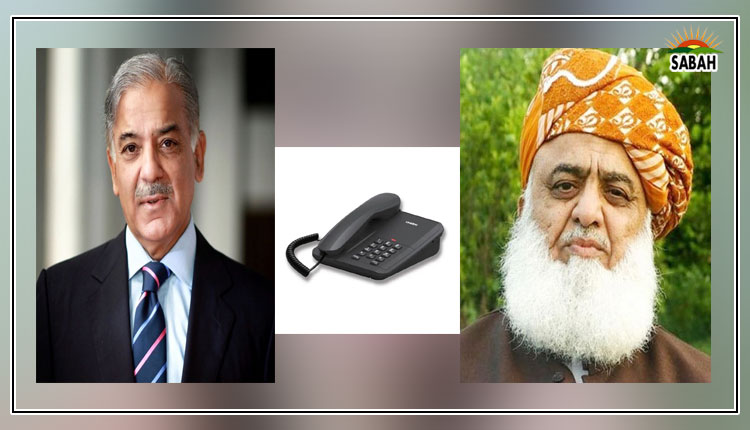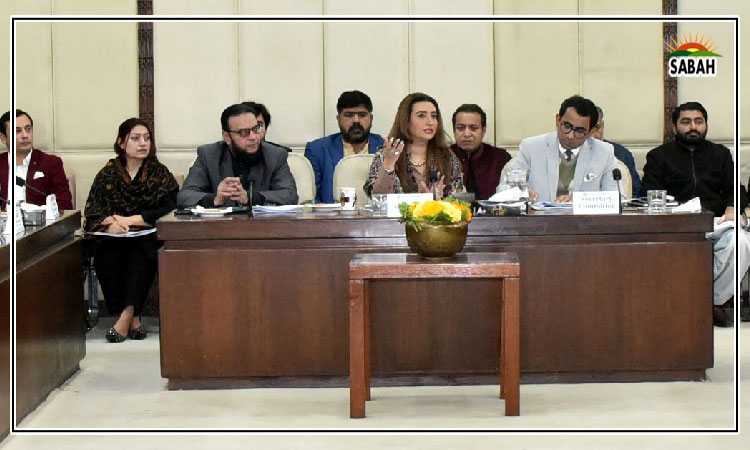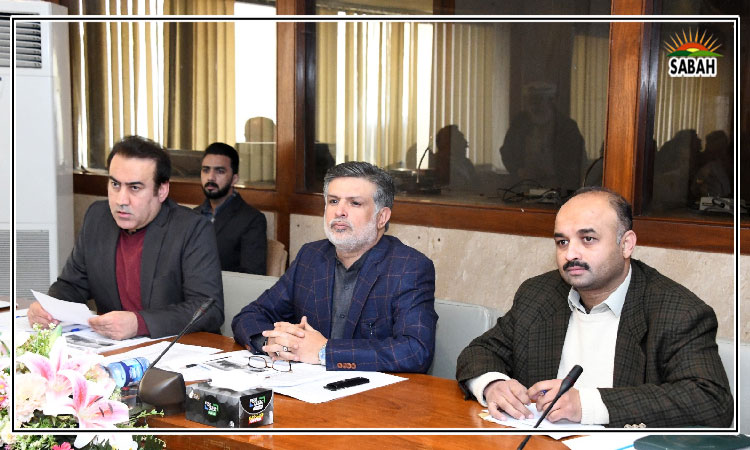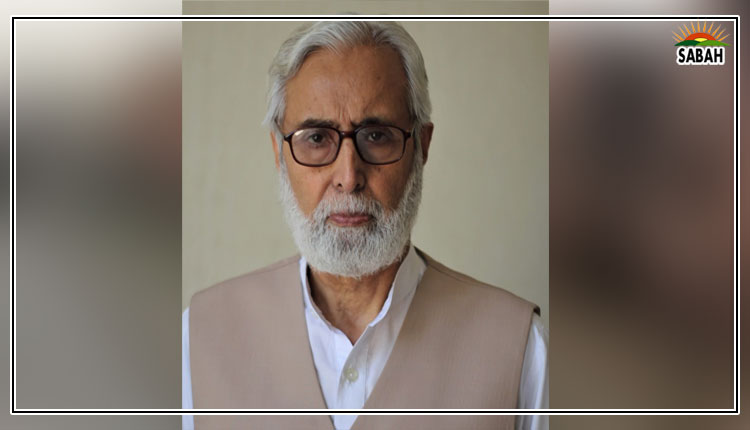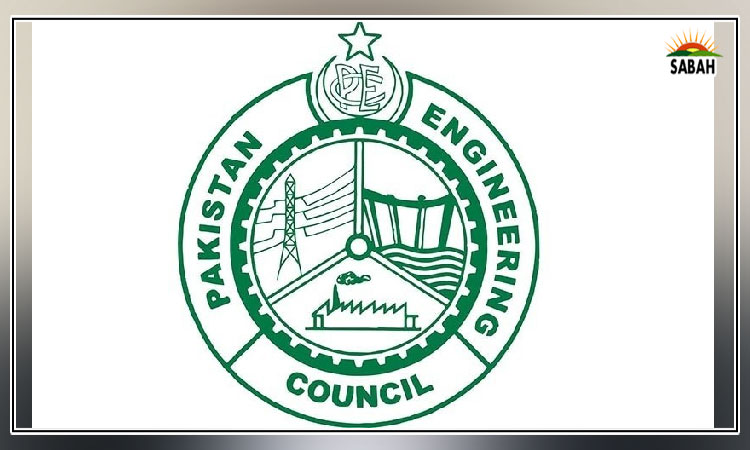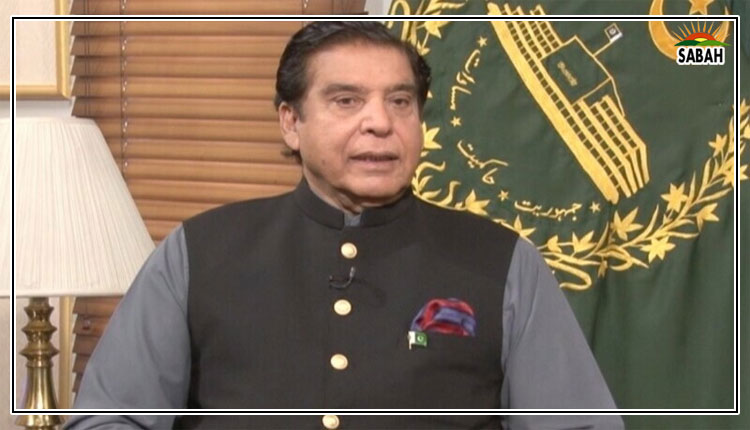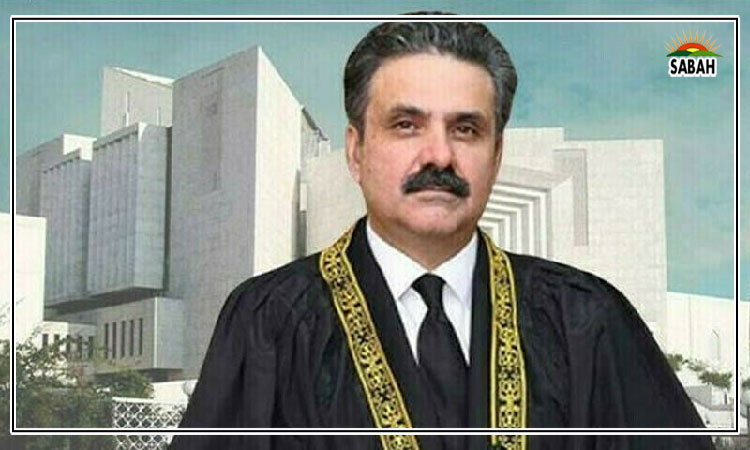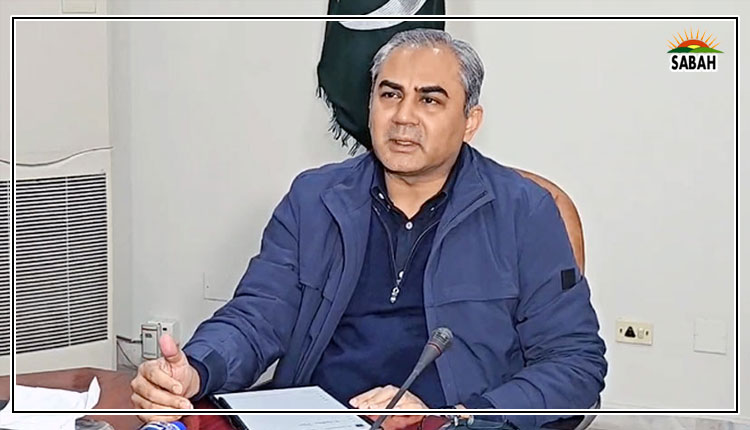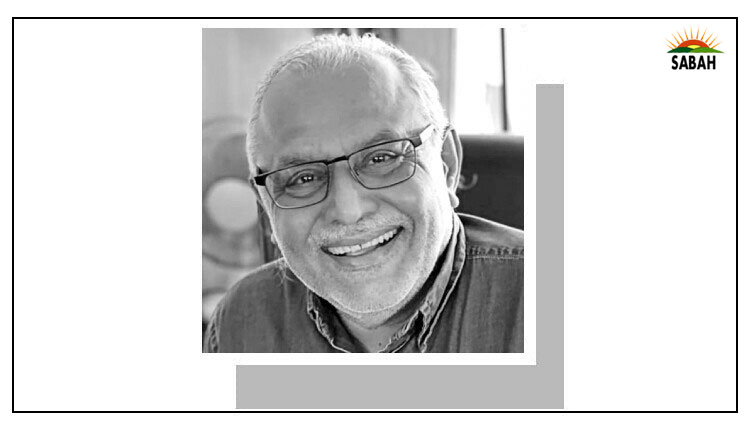PTI strategy — or the lack of it…Abbas Nasir
AS if on cue, a day after PTI chairman Gohar Khan made public the decision of the party and its founder to initiate a dialogue with political parties currently on the treasury benches in parliament, party leaders Omar Ayub and Raoof Hasan have announced a reversal of the move.
With a budget viewed by many commentators as hitting the urban salaried class in the private sector the hardest given the rise in taxes, one would have expected more coherence from PTI decision-makers to capitalise on the disappointment and anger across that class.
It appears that may not be the case. When the party was in power, it was often criticised for its U-turns, but being in the saddle as a partner in a hybrid set-up, it could afford to get away with these because the other part of the governing arrangement had brutally dealt with the opposition and rendered it toothless.
Of course, the boot is now on the other foot and the PTI is on the receiving end of the establishments wrath. Even then, it has two distinct advantages over the erstwhile opposition. The first is its massive countrywide support base.
There is a method to the madness of the authorities in keeping Imran Khan physically away from his supporters.
Imran Khans supporters are unique as their devotion to him is total and unconditional and he can do no wrong in their books. Few other party leaders have enjoyed such a following. Only Altaf Husain comes to mind when looking for parallels. It is important to point out here that much of the Altaf Husain myth was built via coercion and a tightly run party structure with an elaborate system of reward and punishment in place to ensure loyalty and compliance and to drill into dissenters their fate for straying from the leaders path.
By contrast, Mr Khans support is wholly voluntary in nature and his workers blindly follow their leader regardless of any consideration of loss or gain. His supporters are not prepared to see any of his shortcomings, let alone acknowledge them. This is a major challenge for those who wish to destroy him and his politics.
His other major advantage is that unlike the PML-N and PPP in the past, who faced an overtly hostile judiciary, today many judges are determined to uphold the rule of law and the Constitution. His acquittal in a number of cases and approval of bail in others point to this.
In fact, when you gauge the mood of the establishment via the vlogs of some of the diehard supporters of the current hybrid set-up, you reach the conclusion that the independence of the judiciary and their refusal to be coerced by the state as happened routinely in the past, is a major irritant for the powers that be.
There is no denying that many independent observers, besides the PTIs leaders and supporters, will negate the argument by citing the ECP decision, endorsed by the Supreme Court, to deny the party its bat symbol. Mr Khans continued incarceration will also add weight to their argument.
Whichever argument makes more sense to you, neither attempts to ignore factoring in the establishments immense power. The PML-N for the past 25 years and the PPP and nationalist parties for much longer have chipped away at its edifice in the past and paid a heavy price. Perhaps in the bargain they created a little more space for civilian politicians.
In one fell swoop, the PTI has done two things. First it coalesced with the establishment in creating a hybrid administration, and in doing so, surrendered the tiny space the other parties may have created for themselves and others of their ilk. So much so that those parties eventually found themselves in the establishments corner for survival.
At the same time, after falling out with its partner, the party and particularly its charismatic leader, have caused an unprecedented headache for the Establishment. In the long run, this can only augur well for civilian supremacy. The inroads Mr Khan has made in key institutions and the reported support he enjoys within will strengthen his hands no end if he were ever to return to power.
Nonetheless, there is the inevitable caveat. Many fear that in the (unlikely for now) event the PTI succeeds in taking back lost ground from the establishment, what is to keep the party from betraying authoritarian tendencies?
These detractors cite the party leaders complete denial of political accommodation to the opposition when in power. One can hope that now that he has been put through the ringer himself, he may display empathy towards others in the same situation as he is at the moment and be more democratic.
Most of this discussion is admittedly speculative in nature even if journalists such as this columnist like to call it analyses. The unfolding scenario may prove us utterly and miserably wrong. That is one of the obvious pitfalls of looking at a fluid and volatile present.
The only thing that can be said with a degree of certainty is that if Imran Khan and his party fail to make something out of the anger against tax rises and the extension of GST to a much broader range of items, then they may have to wait a while before another opportunity presents itself.
There is a method to the madness of the authorities in keeping him behind bars and physically away from his supporters. With charismatic leaders like him at the helm, the leadership tier right under him will always remain in his shadow.
Therefore, the second-tier leaders dont seem to have what it takes to motivate and mobilise supporters and turn the massive support for the party that was evident on Feb 8 this year into street power, which could rock the boat. And that seems to be the PTIs major dilemma.
Courtesy Dawn


